THE DEFINITIVE GUIDE FOR THE TREATMENT OF PILES (HEMORRHOIDS)
WHAT ARE PILES (HEMORRHOIDS)?
Piles also known as hemorrhoids are a normal part of the anal canal and have an important role in the continence of stools unless there is some abnormality associated with them. Piles are inflamed and swollen veins of the anal canal along with supportive tissue and elastic fiber as they are part of the anal sphincter. The size of the piles may vary.
Hemorrhoids or piles (swollen veins in the anus and lower rectum) may result from straining while passing stool or during pregnancy also due to increased pressure in these veins.
WHAT ARE THE TYPES OF HEMORRHOIDS?
There are two anal sphincters viz. internal and external. Hemorrhoids may be located inside the rectum known as internal piles or may develop under the skin around the anus known as external hemorrhoids. Occasionally a clot may form in the external hemorrhoids known as thrombosed piles.
INTERNAL PILES: internal piles (around the internal anal sphincter) are usually painless but usually bleed when they are irritated (by the passage of hard stool). they can be of four grades.
Grades of internal piles:
GRADE I - In grade I piles, there is just swelling of veins but no protrusion or prolapse of veins. Thus there is the prominence of veins only.
GRADE II - In grade II piles, the veins prolapse or protrude only on bearing down which reduces spontaneously on the removal of pressure.
GRADE III - In grade III piles, the veins are protruded on bearing down but don't reduce on their own and have to be pushed back manually.
GRADE IV - In grade IV piles, the prolapsed veins can't be reduced even manually.
EXTERNAL PILES: external piles are swelling of veins present outside the anus which may be painful sometimes and don't bleed usually. Common symptoms are irritation and itching.
WHAT ARE THE RISK FACTORS FOR DEVELOPING HEMORRHOIDS?
- Chronic constipation
- Chronic diarrhea
- During pregnancy
- Heavy weight lifting
- Prolonged straining for stool
- Inactive lifestyle
- Obesity
- Low fiber diet
- Family history of piles
WHAT ARE THE SYMPTOMS OF HEMORRHOIDS?
- Swelling around the anus is hard and possibly painful
- Pain and discomfort in the anal region.
- Painless bleeding per rectum while passing stool
- Itching, burning, or irritation in the anus
WHAT ARE THE CAUSES FOR THE DEVELOPMENT OF HEMORRHOIDS?
- Straining while passing stool
- Sitting for long in the toilet
- Chronic diarrhea or constipation
- Obesity
- Pregnancy
- Low fiber diet
- Constant heavy weight lifting
- Family history of hemorrhoids
HOW TO DIAGNOSE HEMORRHOIDS?
Visual examination along with symptoms is enough for diagnosis by the doctor.
WHAT IS THE CONVENTIONAL TREATMENT?
- Anti-hemorrhoidal cream
- Suppository
- Sitz bath
HOW TO MANAGE A CASE OF HEMORRHOIDS?
- Advice on taking a high fiber diet.
- To relieve pain advice on hot fomentation is given.
- Advice on plenty of liquid.
- The patient is advised to avoid straining.
HOMEOPATHIC MANAGEMENT
There are many homeopathic medicines that can help not only in relieving pain but also in decreasing the swelling of the veins but should always be taken after consulting a homeopath based on the symptomatic presentation. Few medicines helpful in the treatment of hemorrhoids are
- Aesculus hippocastanum
- Aloes
- Sulphur
- Phosphorus
- Muriatic acid
- Nitric acid
- Collinsonia
- Thuja
- Ignatia
- Sanicula
- Ratanhia
LOOK AT THE DO's And DON'Ts FOR A PATIENT SUFFERING FROM PILES
DO's
- Eat high fiber foods: add fruits, vegetables, and whole-grain to the diet. This will help the stool in being bulky and soft and avoid straining. Approximately 30-40 grams of fiber should be taken every day. Foods in high dietary fibers are whole wheat, brown rice, oatmeals, pears, carrots, bran.
- Plenty of fluids: ample amount of liquid would keep the stool soft.
- Exercise: being active would help avoid constipation and pressure in the veins. The weight would also be normal on being active thus preventing an increase of pressure in the veins.
- Use the toilet as soon as the urge is felt: this would help prevent stool from becoming hard and dry thus preventing hemorrhoids and straining required to pass stool.
DON'Ts
- No straining: straining to pass stool would cause great pressure in the veins and would cause hemorrhoids
- Avoid sitting for long: sitting for long also increase pressure in veins.
WATCH THE COMPLETE VIDEO TO KNOW MORE ABOUT HEMORRHOIDS!!
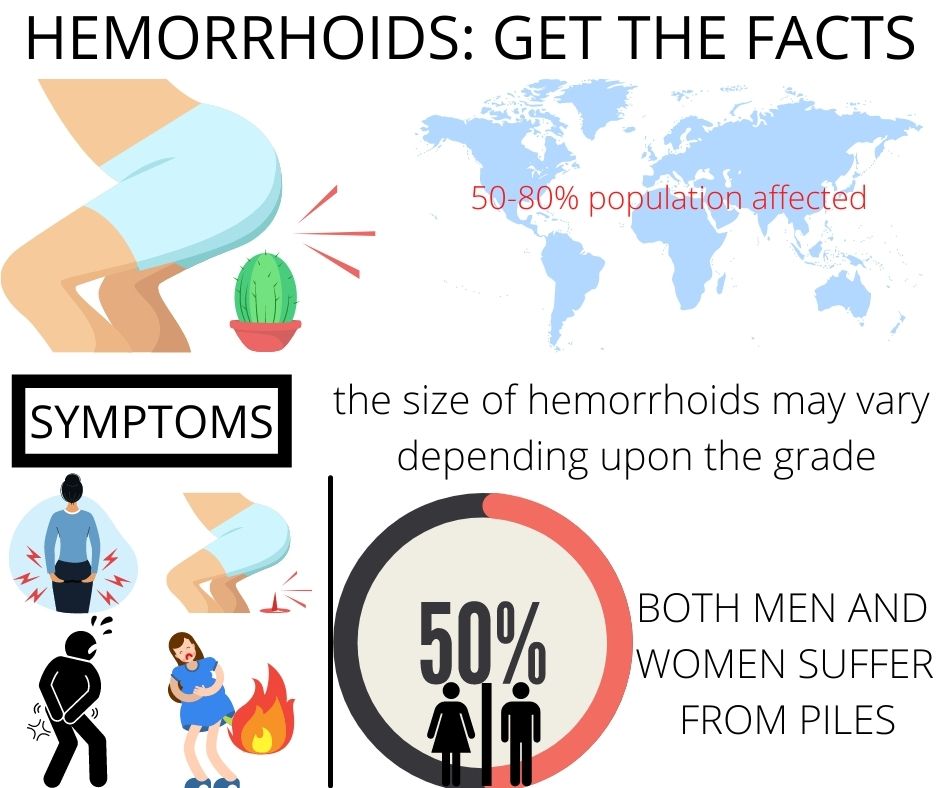
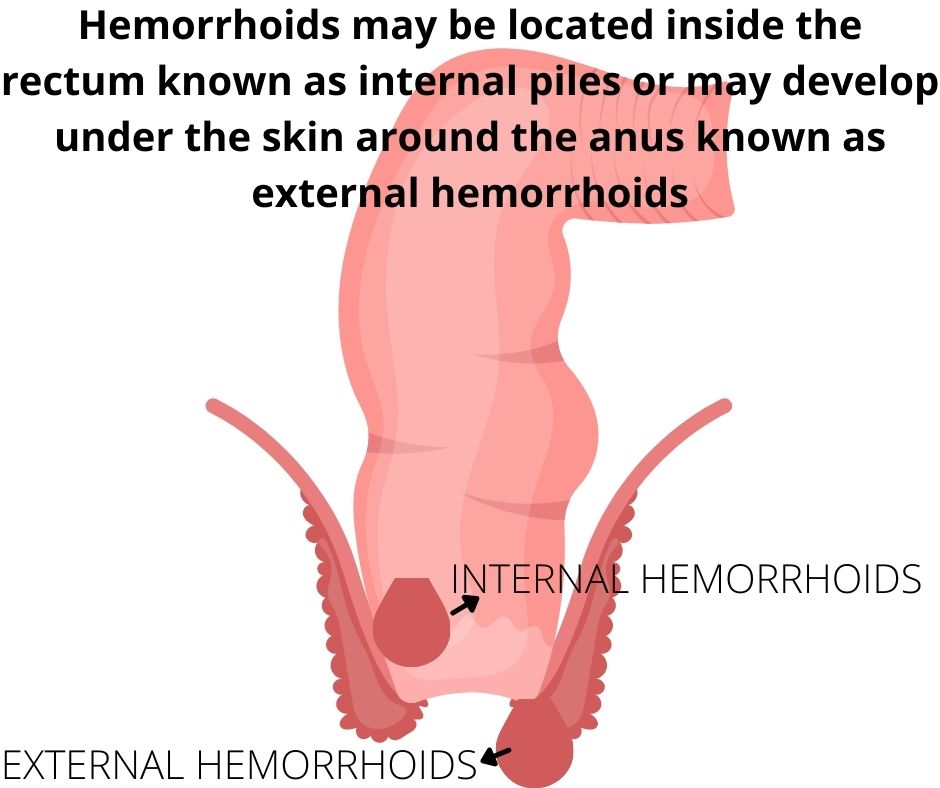
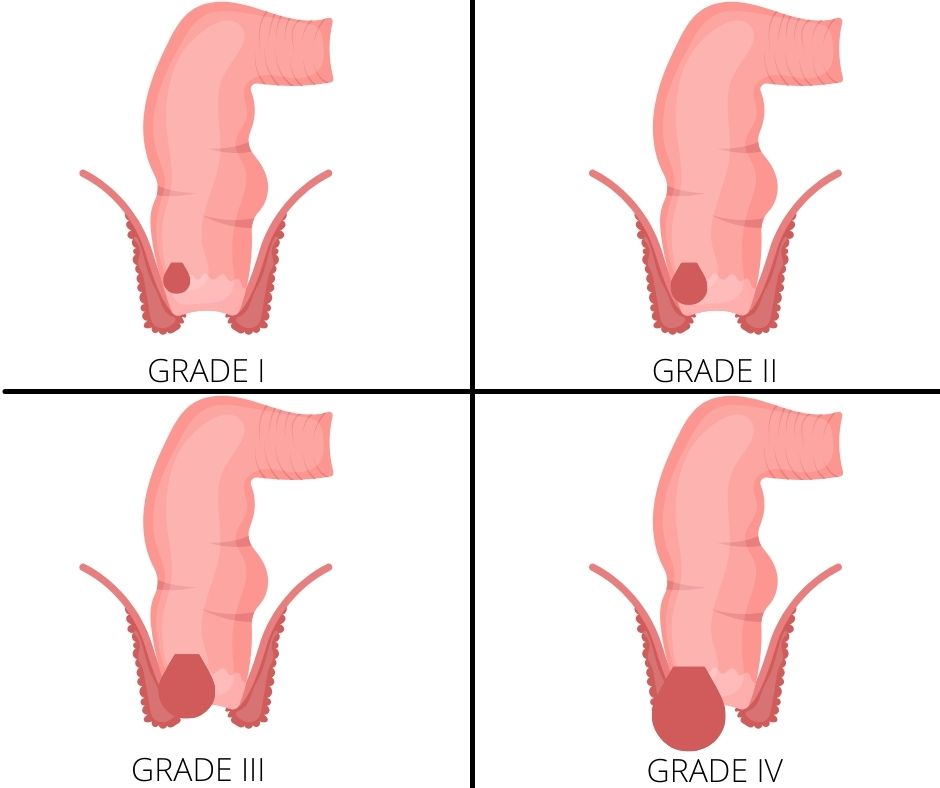
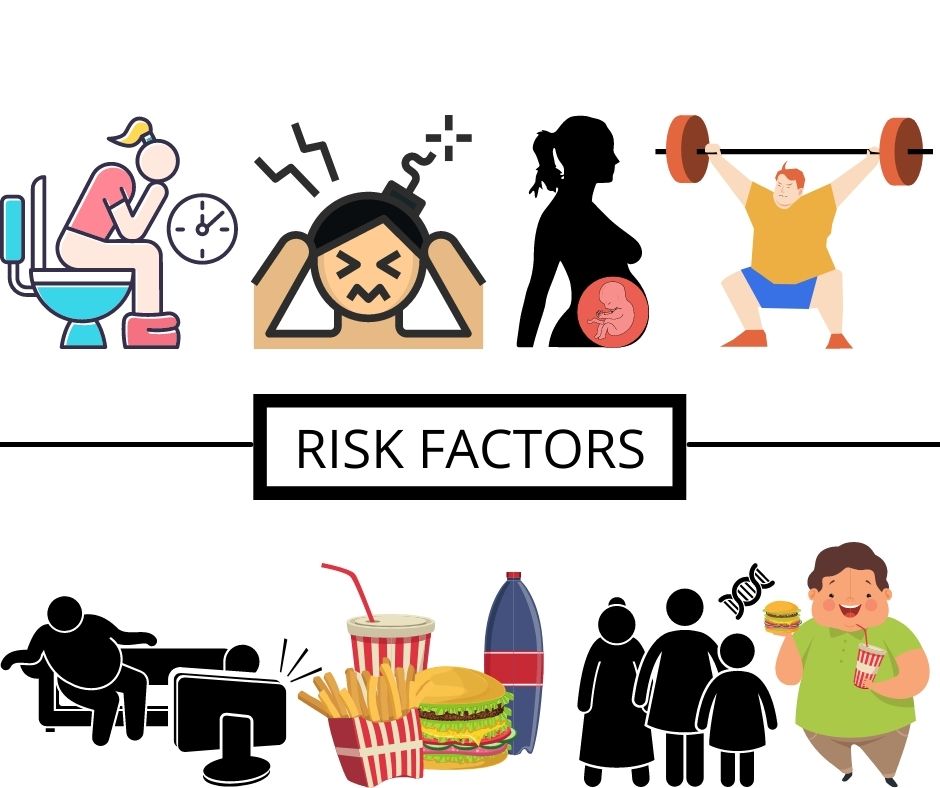
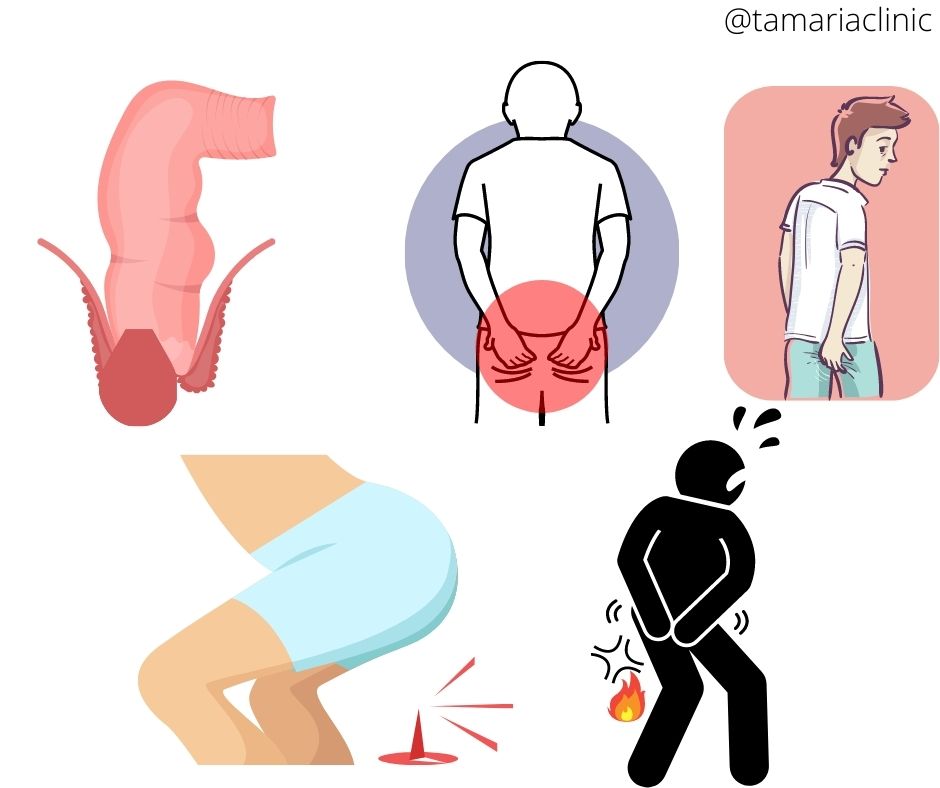
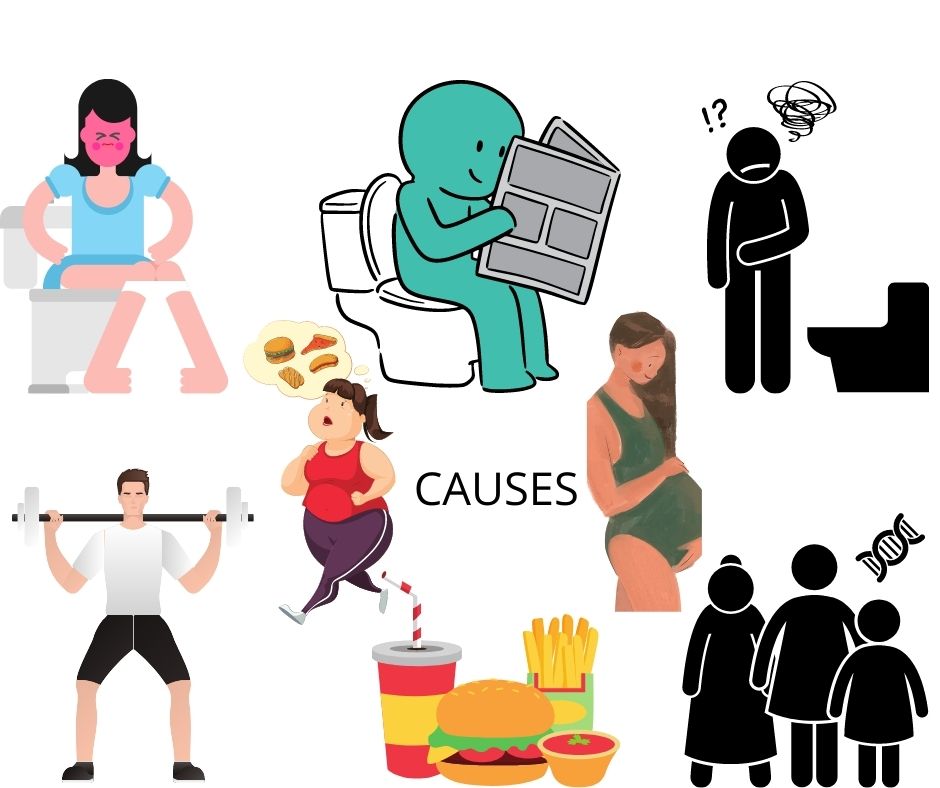
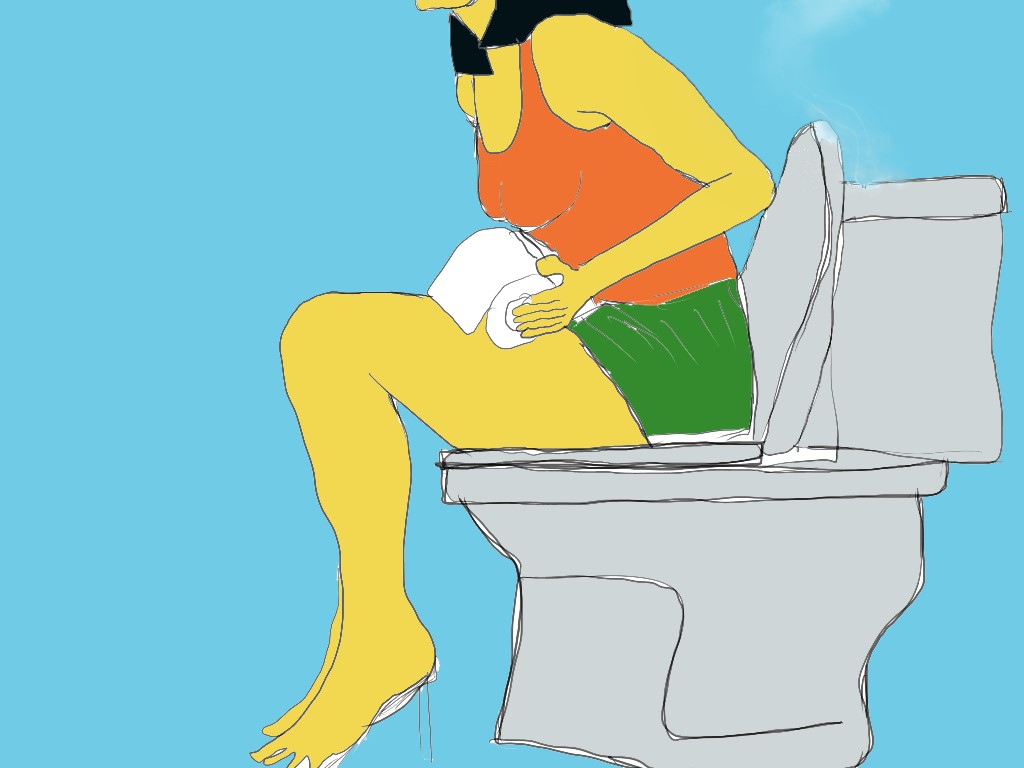
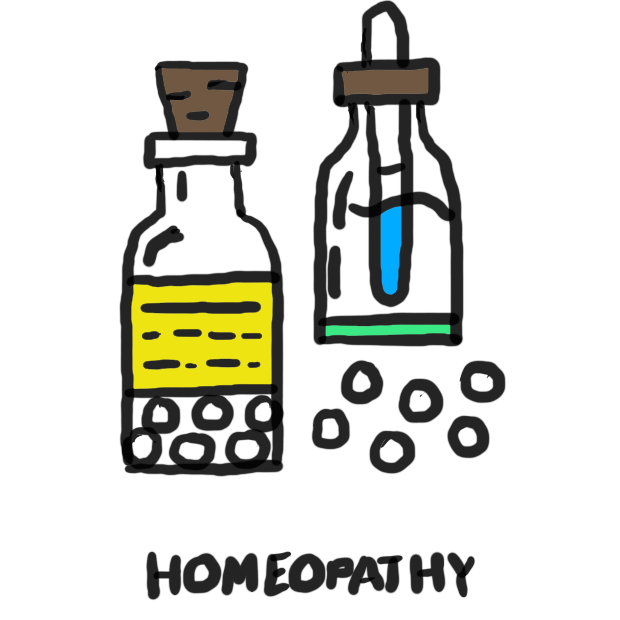
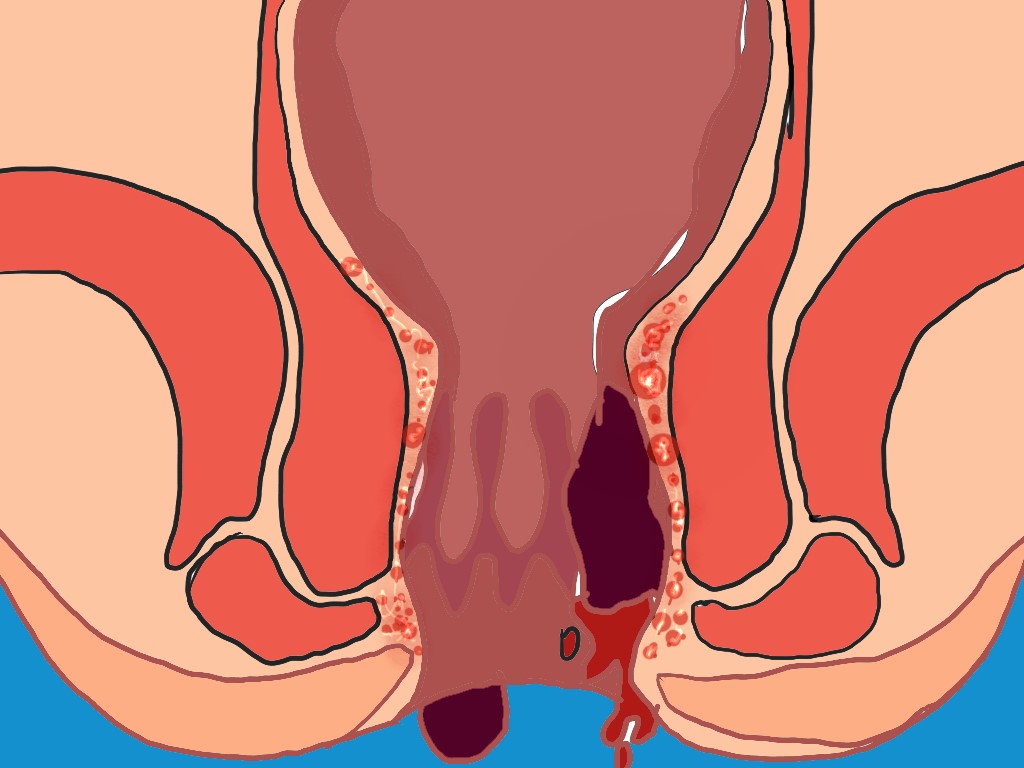
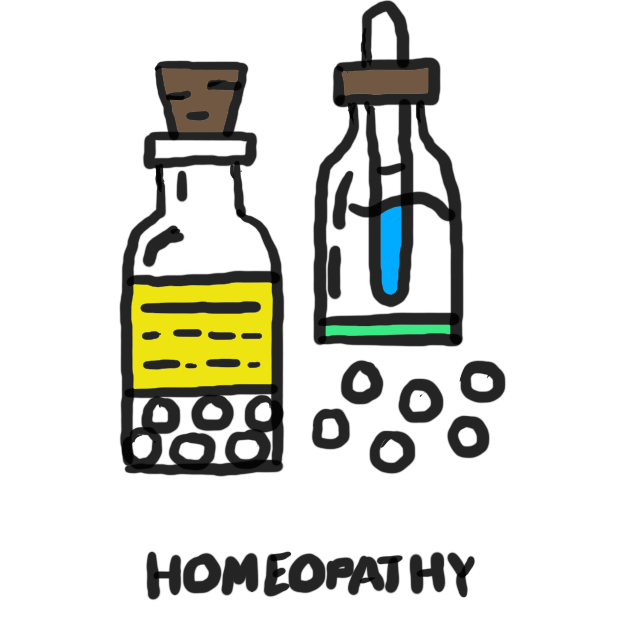
Comments
We have received your comment , Thank You !